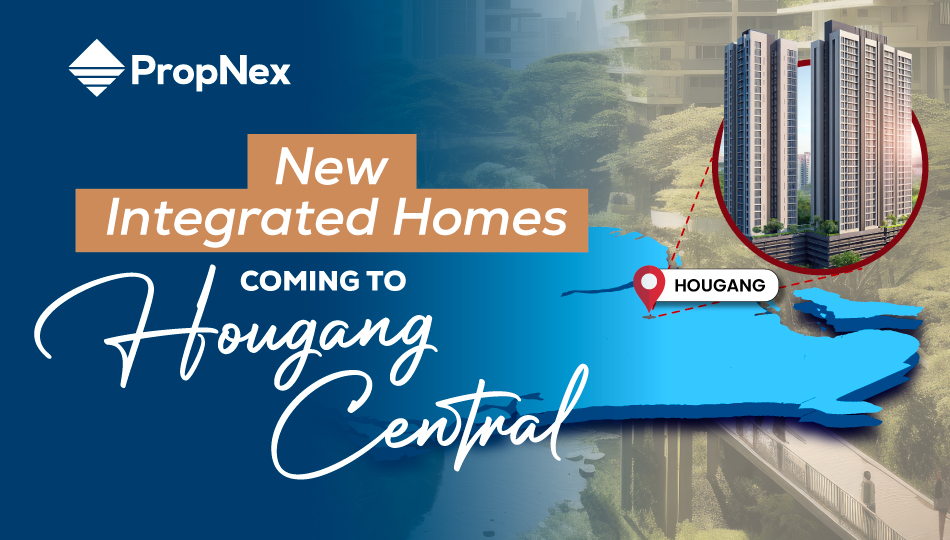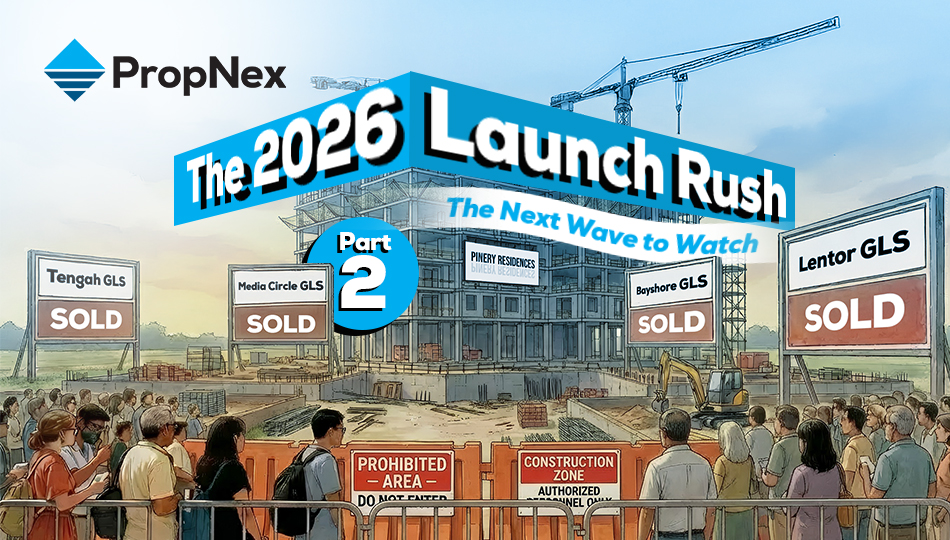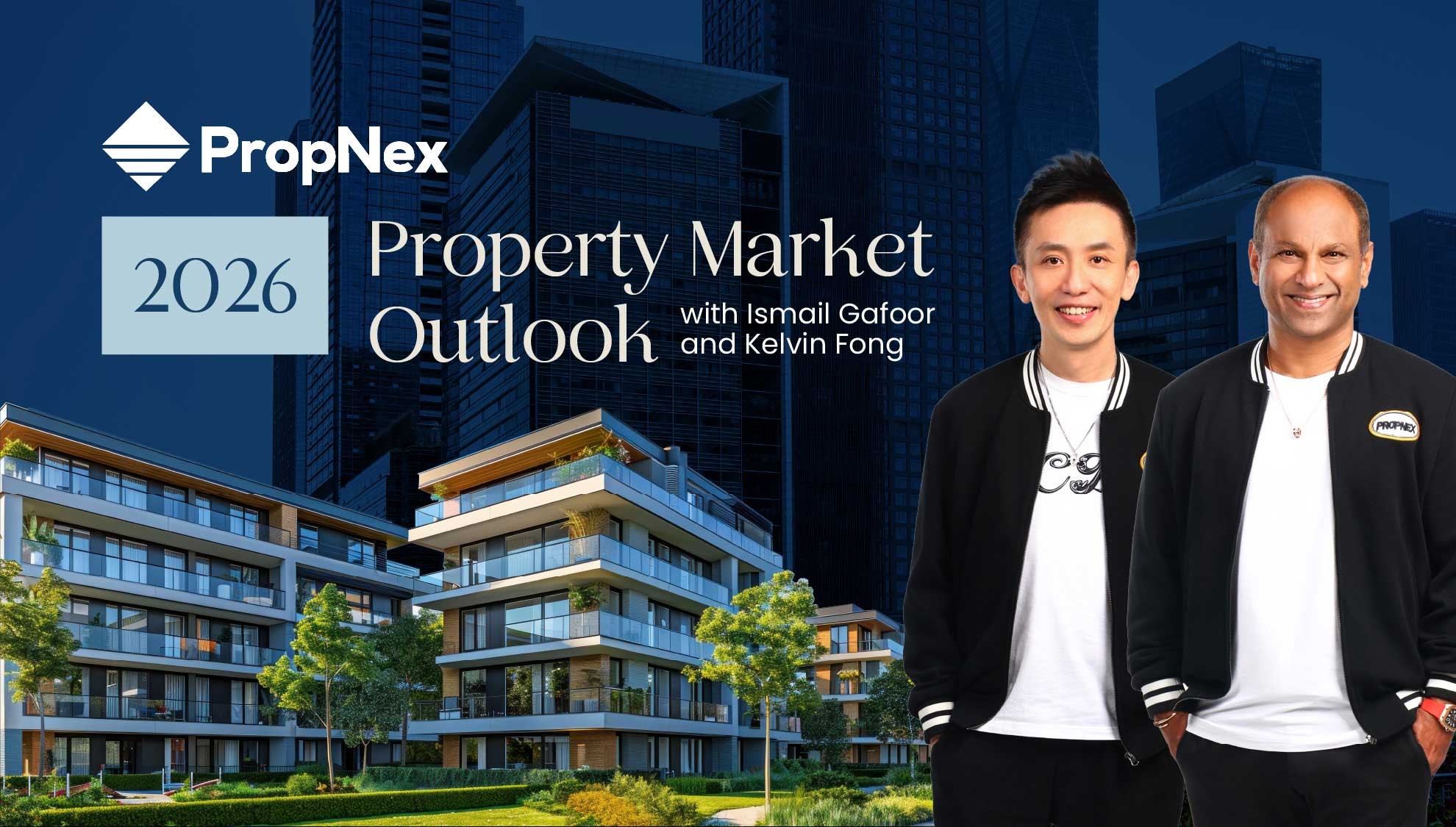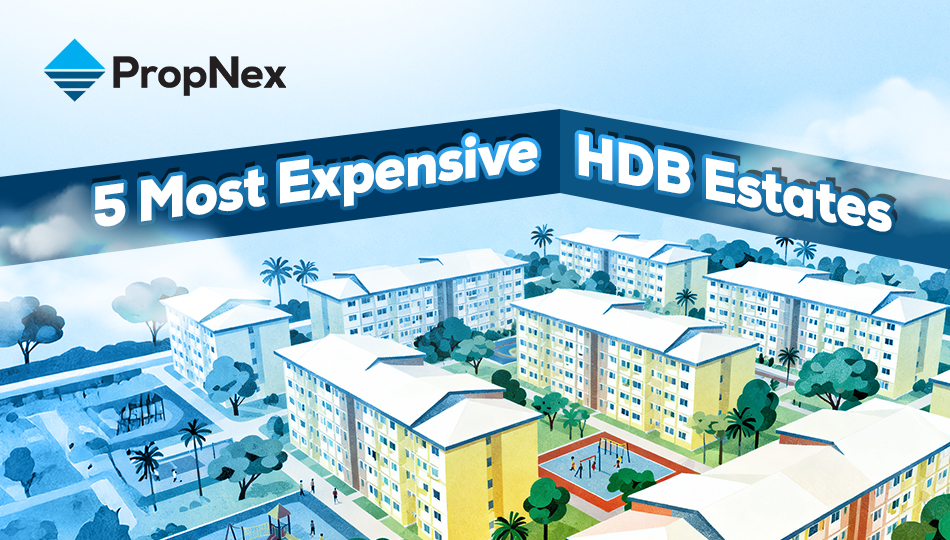Singapore's Property Jungle: A Guide to Every Development Type

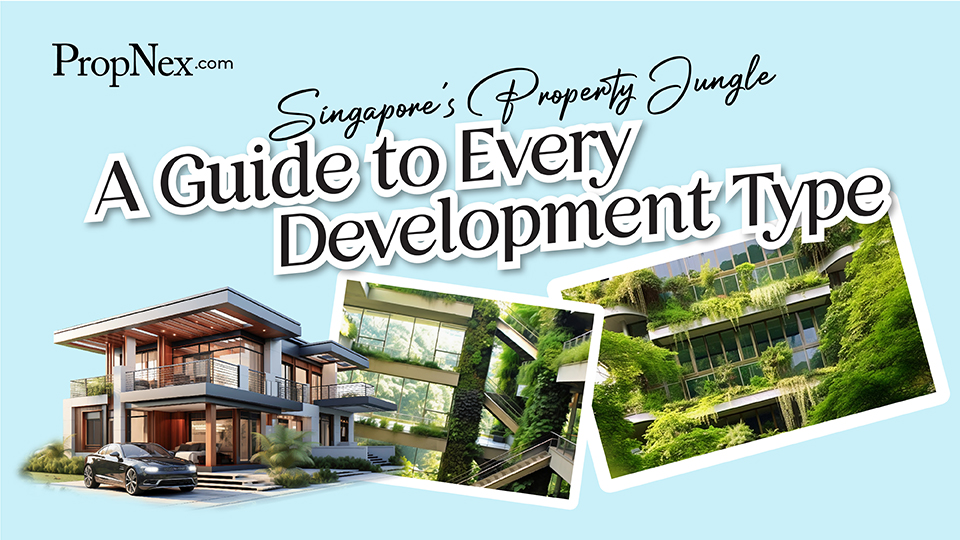
Singapore's property market isn't your average stroll through the park. It's a lush vibrant jungle teeming with possibilities. From towering condo skyscrapers to colourful shophouses, navigating this landscape requires a keen understanding of its various components. Surely, you don't want to pick a property that isn't serving your needs or miss out on hidden opportunities! With a diverse range of options, making the right choice is vital.
So, if you're a property explorer, you've come to the right place. In this guide, we will map out every property development type in Singapore. Whether you're a seasoned investor, homebuyer or business owner, we'll help you understand the ecosystem of Singapore's real estate.
Residential Developments
Public Housing (HDB Flats)
As Singapore's public housing authority, HDB offers affordable flats for its citizens and permanent residents. These units are heavily subsidised with various schemes and grants and they come in various structures:
- Community care apartment: a senior-friendly housing with care services that support them to age independently
- 2-room and 2-room flexi: an affordable housing option for those with lower income. Flexi flats also come in shorter leases to reduce price
- 3-room: a compact living space that caters to standard needs
- 4-room: an ideal flat for young couples and parents
- 5-room: a great flat for larger households
- 3Gen: a flat designed for multi-generation families who want to live under the same roof
Executive Condominiums (EC)
A unique form of subsidised housing, designed to cater to the needs of the "sandwich" class. These ECs are built by private developers but the sales are administered by HDB. Thus, there are strict restrictions on ownership and resale in the first 5 to 10 years. However, they become fully privatised after 10 years, offering buyers (even foreigners) a chance to own a condo with a subsidised price. This makes ECs the ideal home for middle-income households who yearn for a better lifestyle.
Private Condominiums
Condos are a bunch of individual units within a larger complex. They have shared facilities such as gyms and swimming pools that can be enjoyed by all unit owners. There are little to no restrictions to get a condo so they are more freely available for purchase. Although their prices are more premium than HDB flats and ECs, most condos are on the more affordable side of private housing options (though there are a number of condos that are more expensive than landed homes).
Landed Properties
Typically considered the most desirable housing option in Singapore, these low-rise homes offer privacy and spaciousness. They also give off a sense of prestige in the eyes of Singaporeans. Landed properties come in several structures:
- Good Class Bungalows (GCB): the most prestigious and exclusive type of bungalow that is larger and better located
- Bungalows: a detached house, often single-story (but can go 2-3 storeys if there are no height restrictions in its particular zone), with a large space and ultimate sense of privacy
Source: ura.gov.sg
- Semi-detached (semi-D) houses: a pair of adjacent houses separated by a common wall, which can be side-by-side or back-to-back
Source: ura.gov.sg
- Terrace houses: a row of houses with at least three joined by a common wall
Strata Landed Properties
Some landed properties can be classified as strata landed. The difference? With landed, you own the land itself, whereas with strata landed, you own your house but share land, facilities and an entrance with your neighbours. Bungalows, terrace houses and semi-Ds also come in strata status, but they are classified as either a cluster house or a townhouse.
- Cluster houses: landed residences that are grouped together in a cluster, which has shared amenities like pools and gardens
- Townhouses: a unit located within a condo development, granting access to its facilities like pools and gyms
Commercial Developments
Office Buildings
These standalone structures contain office spaces to suit business needs. They are classified into three grades:
- Grade A: The most prominent buildings with up-to-date systems, easy accessibility and an unrivalled market
- Grade B: Buildings with adequate facilities that are situated in a less appealing location
- Grade C: Old office buildings that lack necessary amenities
Business Parks
Self-contained hubs designed to foster specific industries like technology or healthcare. They typically comprise of office spaces, research facilities and shared amenities geared towards these sectors
Shophouses
Built in contiguous blocks with common party walls, these traditional buildings are generally two to three storeys high. They are also quite narrow and small. However, despite their modest size, shophouses offer a clever use of space that caters to both commercial and residential needs. The ground floor is often used for shops, restaurants or offices, while the upper floors can be converted into residential units.
With no new shophouses being built, the existing stock is quite limited. As a result, these developments are only sold on the resale market and they are more commonly available for rent than for purchase.
Despite all that, shophouses continue to hold value in Singapore's property market, especially since they can be used for both commercial and residential purposes. However, do note that Additional Buyer's Stamp Duty (ABSD) applies to the residential portion of the shophouse.
Shophouses come in two categories: private and HDB. Generally, private shophouses offer more ownership flexibility and potentially higher capital appreciation. However, they also come with a higher upfront cost.
On the other hand, HDB shophouses come with stricter regulations and usage limitations, but are more affordable. Furthermore, HDB shophouses are the exception to the ownership limitation of one flat per household. You can get an HDB shophouse even if you already own an HDB flat, or vice versa.
Due to its heritage and historical value, shophouses have been restored and conserved. You can find these historic Singaporean architectures in neighbourhoods like Tanjong Pagar, Clarke Quay, Katong and Chinatown.
Other Retail Properties
Aside from shophouses, Singapore's retail scene consists of bars, restaurants, cafs, shopping malls, gyms, pet shops and plenty others.
Industrial Developments
B1 (Offices and Warehouses)
Designed for light industrial activities, B1 spaces are ideal for warehousing, workshops, light manufacturing as well as research & development facilities. They often cater to small businesses and startups that need affordable work spaces.
B2 (Factories)
These large standalone structures are dedicated to heavy manufacturing or logistics operations. They provide space, power supply and infrastructure for large-scale industrial activities.
Hospitality Developments
Hotels
From budget-friendly lodgings to luxurious 5-star experiences, hotels offer temporary accommodation options that cater to guests from all walks of life. These establishments provide rooms and service to suit the needs of tourists, business travellers and even locals seeking a staycation.
Serviced Apartments
Serviced apartments are fully furnished units that offer hotel-like amenities such as housekeeping, laundry and concierge services. They offer flexible lease terms, making it ideal for those who are staying in Singapore temporarily such as international students or employees that have been relocated for assignments.
Final thoughts
All in all, Singapore's diverse property market can offer something for everyone, whether you're a homebuyer looking for a place to settle down or an entrepreneur looking for a retail space. So, take your time to explore your options and don't be scared to ask for some help if you're feeling lost. Our PropNex associates will gladly help you navigate this big jungle that is the Lion City.
More property content you might like: Think You're Ready To #BTOgether? Read This First! , Choosing Condo Over BTO Does Not Make Me Atas! , Breaking The New Launch Conflict: Leasehold Or Freehold?
Views expressed in this article belong to the writer(s) and do not reflect PropNex's position. No part of this content may be reproduced, distributed, transmitted, displayed, published, or broadcast in any form or by any means without the prior written consent of PropNex.
For permission to use, reproduce, or distribute any content, please contact the Corporate Communications department. PropNex reserves the right to modify or update this disclaimer at any time without prior notice.


